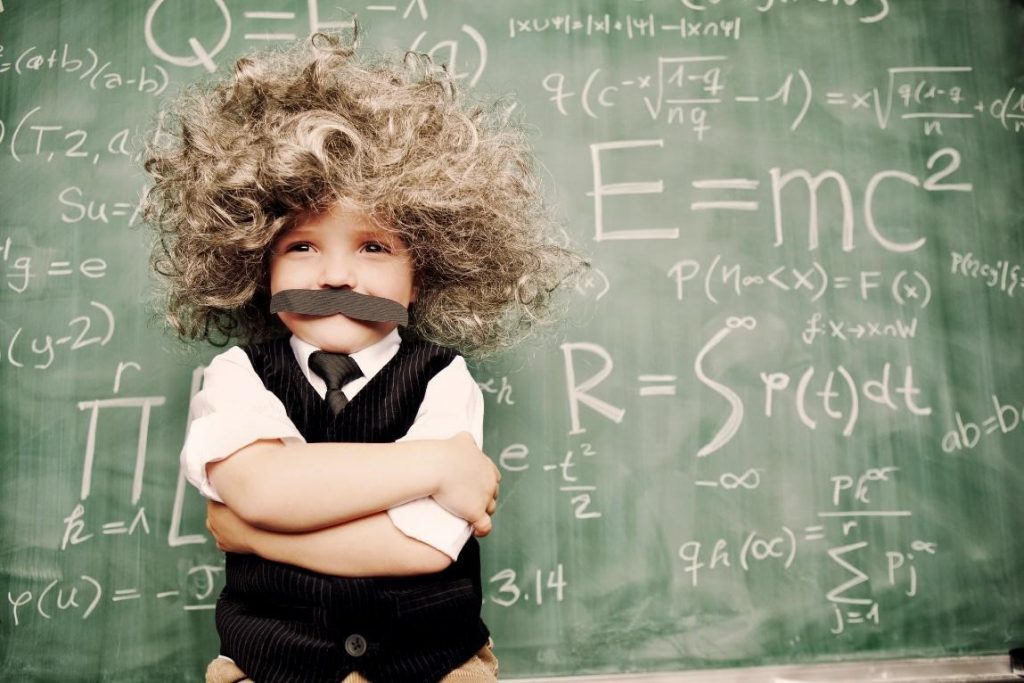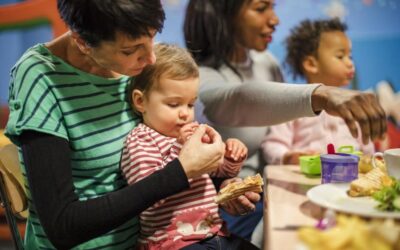Understand the research behind early learning to maximize your child’s growth and development
Information is now more easily accessed thanks to modern technology such as the internet. As a result, parents are more invested in learning about childhood development and education than ever before and spend a lot of time searching blogs and websites for suggestions on how to set their child up for success from an early age.
The fact that people are more engaged in educational outcomes is a good thing. However, one of the negative side effects of such an abundance of information is that not all of it is accurate. There has been years’ worth of research regarding the development of young children and their brains, and spending your energy on science versus common misconceptions is a more productive use of time and effort.
Fact versus fiction
Misinformation is usually caused by misunderstanding rather than malicious intent. Learn more regarding common misconceptions about early learning.
Misunderstanding: Learning starts from birth.
Science: Learning actually begins before birth. Dr. Charles Nelson of Harvard Medical School performed studies that showed that even as early as birth, a child’s brain patterns were different when hearing a familiar voice that they had been exposed to in utero. A baby’s brain begins making connections as it’s developing in the womb.
Misunderstanding: Children are blank slates waiting to be filled with knowledge.
Science: Children are self-motivated to learn; in fact, it’s how they make sense of the world around them and their experiences within it. The more children are involved in their learning, the better they do. Research has compared the way children learn to scientists – they study cause and effect by testing ideas and theories, rejecting failed hypothesis and building upon information they’ve proven.
Misunderstanding: Social, emotional, and intellectual learning are three separate things, and intellectual learning takes precedence.
Science: Studies show that social, emotional, and intellectual learning are interconnected. Children learn through relationships, their feelings, and the information they gather about the world. Learning something like the alphabet isn’t more important than learning about relationships since both relate to the learning process and future success.
Misunderstanding: An adult should make every possible moment a potential learning opportunity.
Science: The best thing an adult can do is to encourage and increase a child’s interest in learning. While it’s important to learn the basics, constantly bombarding a young child with colors, shapes, numbers, and facts may create a sense of pressure that turns learning into a chore. Instead of forcing learning, expose your child to a wide variety of people, places, and experiences and take their lead when it comes to learning more. Remember that children are naturally curious and capitalize upon that instinct.
The general public’s interest in early learning is promising for the educational growth and personal development of young children, particularly when the emphasis is on scientific findings. Encourage your child’s natural curiosity, emphasize an appreciation of experiences and knowledge, and work on who they are as a person as much as you do academic subjects, and your child will be well on their way to a lifelong love of learning and growth. The Virginia Infant & Toddler Specialist Network helps improve the quality of care for infants and toddlers through extensive resources, services, and education for caregivers. Learn more about how we can help you improve the standard of care.




